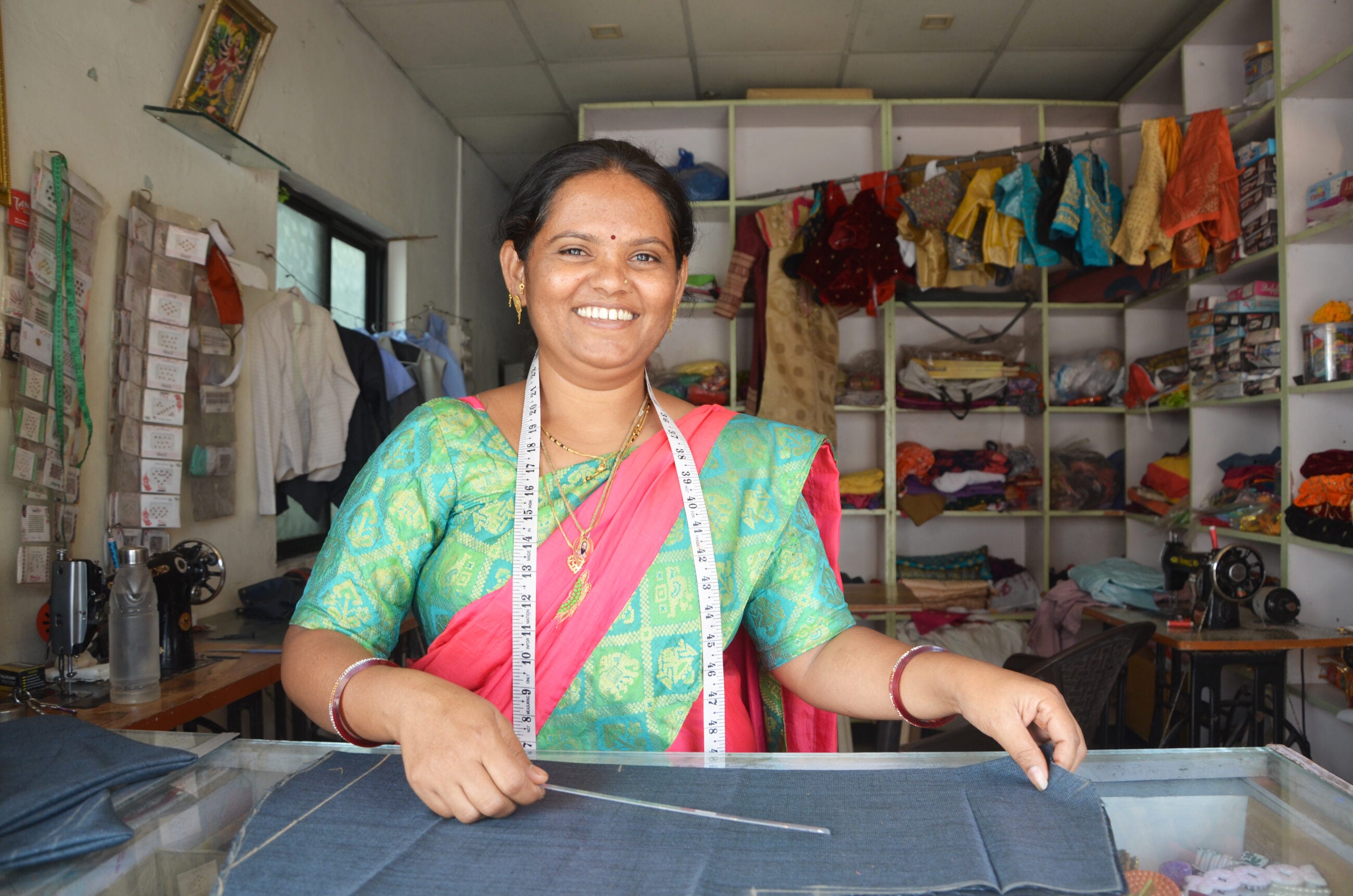
Founded by Ela Bhatt in 1981, FWWB has empowered over 12 million women by strengthening grassroots financial institutions across India. In this Member Spotlight, the organization shares how it leverages catalytic finance, technical support, and capacity building to advance gender equity, sustainable livelihoods, and climate resilience—ensuring rural women are not left behind in India’s development story.
From the Margins to the Center: FWWB’s Four-Decade Fight for Women’s Financial Equity
When Ela Bhatt founded Friends of Women’s World Banking, India (FWWB) in 1981, the idea of financial inclusion for low-income women was barely on the radar of India’s development discourse. More than 40 years later, FWWB has helped shift that narrative—transforming how financial institutions, policymakers, and grassroots partners serve women entrepreneurs and rural communities.
Based in Ahmedabad, FWWB is both a pioneer and a systems-builder. With a national footprint that includes over 440 institutional partnerships and programs across 20+ states, it blends catalytic lending, capacity building, and policy engagement to promote equitable, climate-resilient development. In this ANDE Member Spotlight, we speak with FWWB about its systemic approach and vision for the SGB ecosystem.
How does FWWB contribute to building a more inclusive and resilient small and growing business (SGB) ecosystem in India?
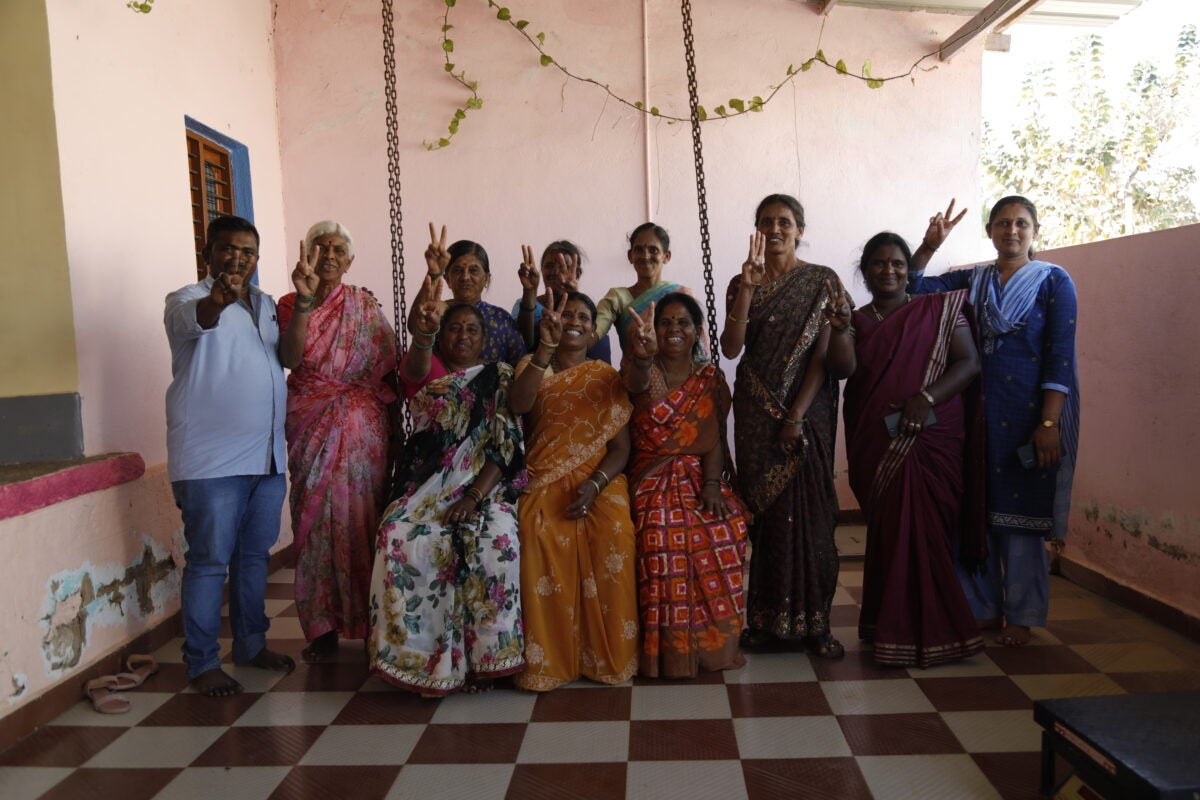
We see ourselves as both a catalyst and a connector. Within the SGB ecosystem, we strengthen the institutions that empower women—farmer producer organizations (FPOs), microfinance institutions, cooperatives, and producer companies—so that they can better serve women entrepreneurs and smallholder farmers.
Our approach integrates three core levers:
- Capacity building to professionalize and strengthen governance;
- Technical assistance for product design, financial tools, and systems;
- Catalytic finance to unlock credit access and serve as a “first lender” for grassroots entities without a formal credit history.
We also collaborate with funders, NBFCs, and policymakers to shape gender-inclusive, climate-resilient financial models—especially in agriculture. This ecosystem-level work is essential for scaling women’s economic empowerment in rural India.
What programs and partnerships is FWWB currently leading to advance women’s financial inclusion, climate-smart entrepreneurship, and rural development?
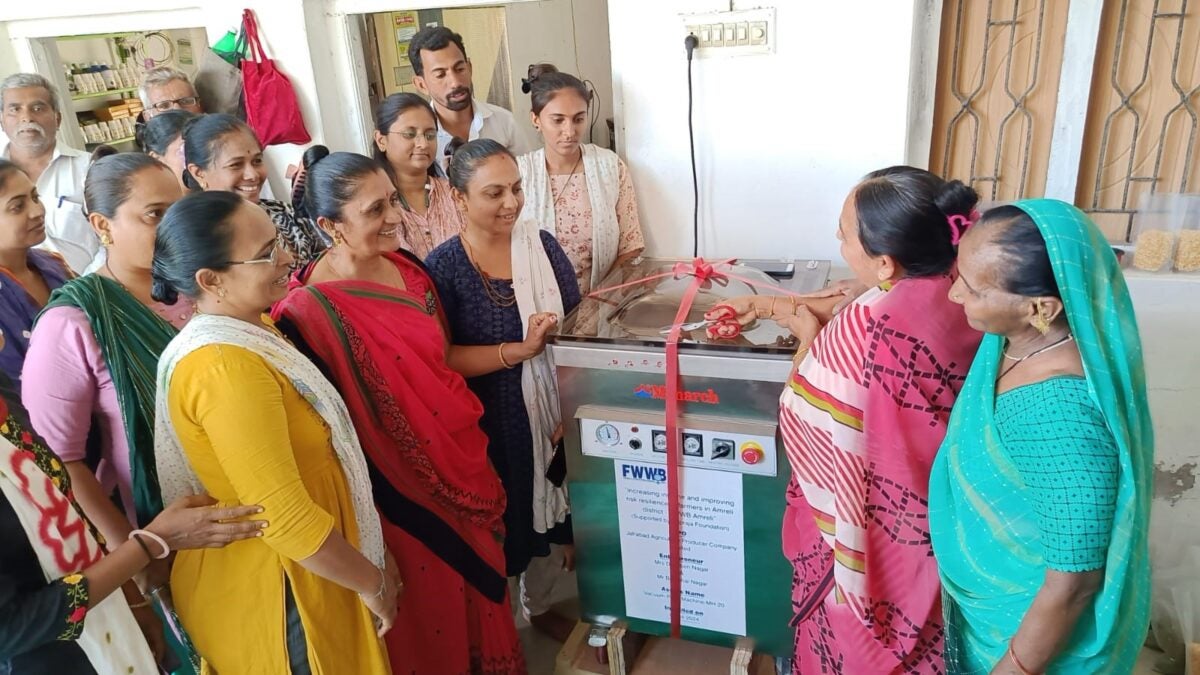
We’re advancing several strategic programs that cut across climate, gender, and financial inclusion:
- First, Agriculture & Climate Finance:
With Gates Foundation support, we’re strengthening FPOs in Gujarat and Maharashtra by building climate-smart potato value chains and supporting women agri-entrepreneurs with finance and technical training. - Second, Women Microentrepreneurship:
Our HSBC-backed initiative has supported over 8,000 micro-businesses in five states. Earlier this year, we convened a multi-state partner meeting to share lessons and deepen collaboration. - Third, Livelihood & Entrepreneurship Program:
This program has reached 19,000+ women through financial education, digital literacy, and business support—especially in hard-to-reach districts. - Forth, Water, Sanitation & Renewable Energy:
We’ve enabled over 45,000 sanitary loans and facilitated solar lighting adoption for ~80,000 rural households—improving quality of life while building credit access. - Fifth, Knowledge Generation:
Our gender-climate consults, workshops, and toolkits help mainstream equity, governance, and sustainability across partner institutions.
We’re not just implementing projects—we’re shaping pathways for inclusive finance and rural resilience.
In what ways is FWWB looking to collaborate with ANDE members and ecosystem partners to deepen impact and scale gender-inclusive models?
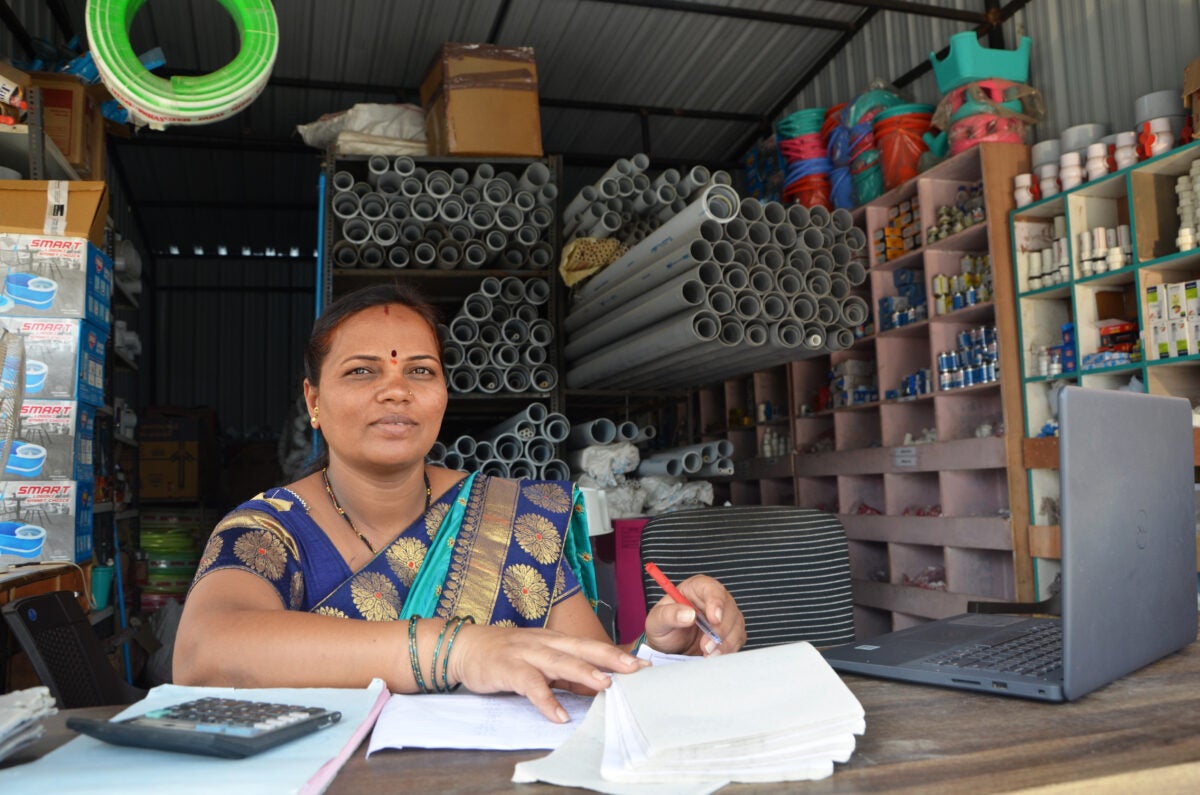
We’re looking to collaborate with peers across the ecosystem in several areas:
- Co-designing climate-smart agribusiness models using FWWB’s grassroots partner networks;
- Joint research and evidence-building on gender-integrated SGB strategies and climate resilience;
- Blended finance opportunities to support FPOs and women-led micro-enterprises;
- Sharing and co-creating digital and financial literacy tools tailored for rural women.
We believe collective action is essential for addressing the structural gaps that rural women face in finance, markets, and climate resilience.
What expertise, networks, or tools does FWWB offer to organizations working to support women entrepreneurs and climate-resilient livelihoods?
We bring decades of hands-on experience in inclusive finance and institution-building, including:
- Deep technical expertise in designing, training, mentoring, and evaluating gender-inclusive financial systems;
- A strong network of grassroots partners ready to pilot, co-create, and scale programs across 20+ states;
- Field insights, monitoring frameworks, and governance tools for rural institutions;
- Access to policy engagement platforms and financial intermediaries like Ananya Finance.
We’re excited to partner on ecosystem-wide efforts that bring sustainable finance and capacity building closer to rural women.
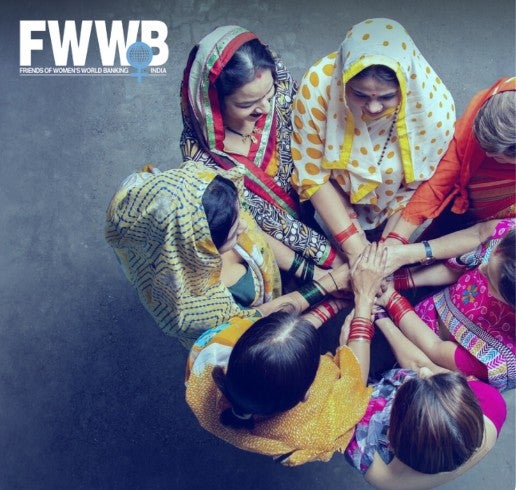
ANDE gives us a vital platform to engage with a global community committed to strengthening small and growing businesses. It connects us with diverse actors—funders, practitioners, researchers—who share our belief in the power of local institutions and inclusive finance.
Through ANDE, we can amplify our work, learn from peers, and shape collaborative strategies that elevate women’s leadership in climate-smart entrepreneurship and sustainable development. Most importantly, ANDE enables us to bring the voice of rural India to global conversations—ensuring that innovation flows from the grassroots up.
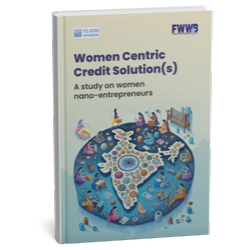
New research from FWWB India, supported by Goldman Sachs, highlights the credit challenges faced by women nano-entrepreneurs. Despite strong digital access, business commitment, and growth aspirations, many remain underserved by current financial products. The study calls for intentional, tailored, and inclusive credit solutions to unlock their full potential.
